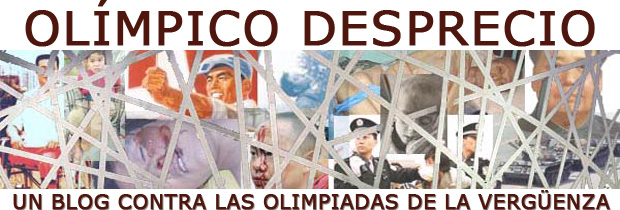
En relación con la reciente muerte de Solzhenitsin, The Economist denuncia el abandono, por parte de la clase intelectual, de la misión para cantarle las verdades del barquero a los poderosos. Sobre todo en China:
The emergence of the internet and a market-driven publishing industry has changed China less than it should. Several intellectuals post critical views of the party online. A good example is Hu Xingdou, an academic who lays into the party at every opportunity. But not even he goes as far as to call for the end of one-party rule. In 2004 a Chinese newspaper caused a stir by publishing a list of 50 public intellectuals. They included Gao Yaojie, who helped expose an AIDS epidemic in Henan, Wen Tiejun, who has written about the suffering of peasants, and He Weifang, a law professor who has spoken out about the rights of the marginalised, such as migrant workers.
These are impressive people, to whom China will one day be grateful. But the voices of the dissidents count for less than they did in the 1980s. China then, like the Soviet Union, was a bleak place with little other intellectual stimulation. People yearned for provocative ideas. Now access to information is freer, the economy is flourishing and for a lot of intellectuals life is good. China has its bold thinkers, but in its present mood it is hard to imagine one of them galvanising an entire class the way Solzhenitsyn did.


1 comment:
Bueno, pues a lo mejor no lo hacen los intelectuales chinos pero dese luego parece que los demás sí...
Post a Comment